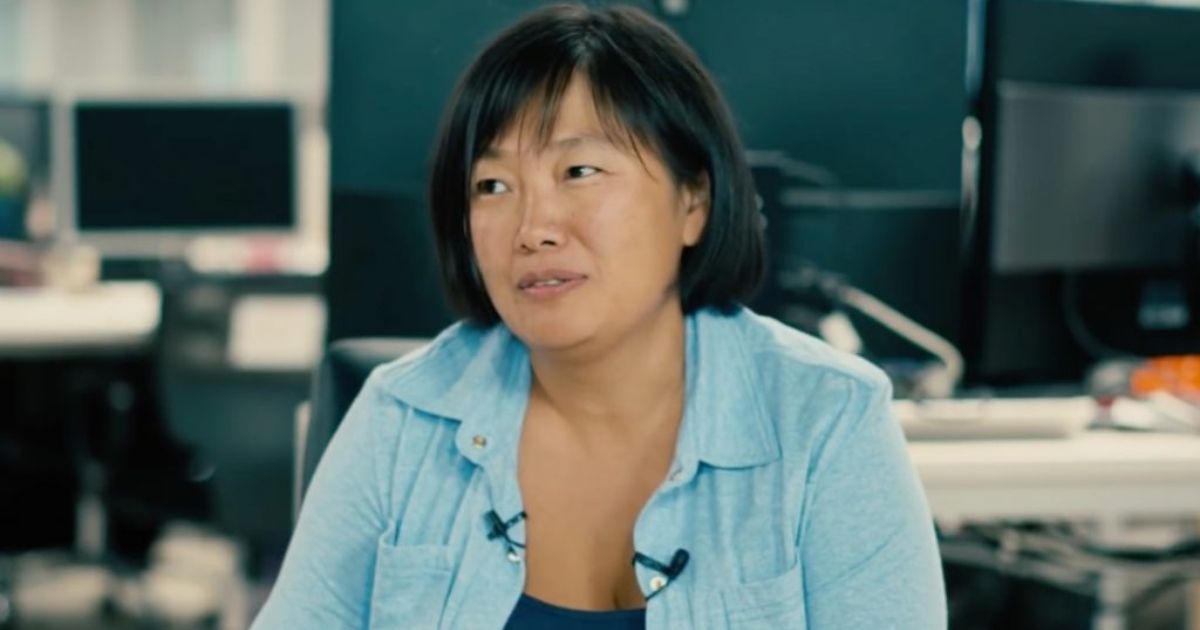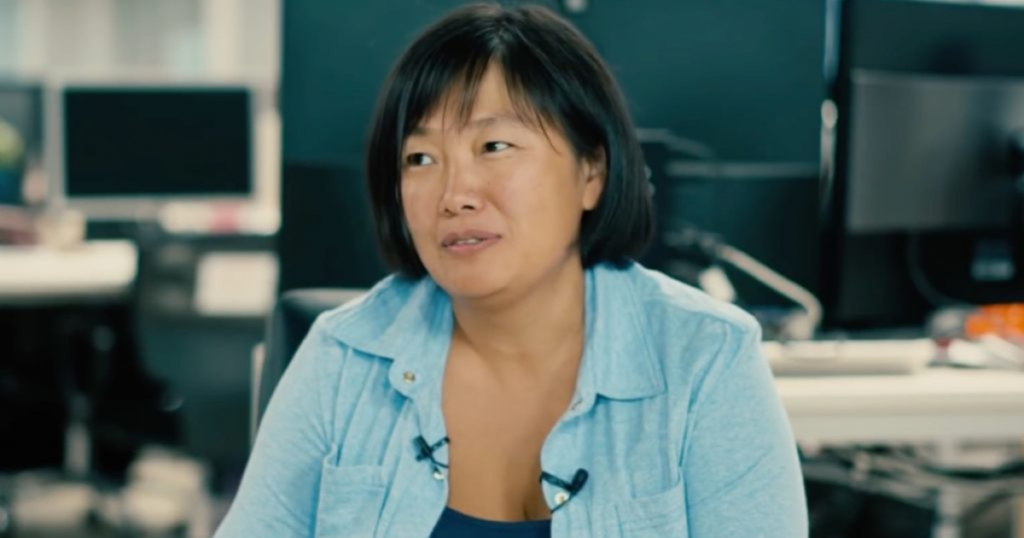
Beyond PR: how Tatiana Bakalchuk really created the ‘Russian Amazon
Mother of four and former English teacher Tatiana Bakalchuk has set-up a Russian version of Amazon. She triumphed where many could not: both Sberbank, Russia’s biggest bank, and Yandex, the ‘Russian Google’ failed to replicate the success of the U.S. online retail giant.

All the reporting on Bakalchuk and her company, Wildberries, makes their story sound like a rags-to-riches fairytale: she is now the second wealthiest woman in Russia and worth $1.1 billion. However, an investigation by The Bell revealed the truth is a little more complicated.
- To start with, we discovered Bakalchuk’s ‘self-made’ narrative was crafted by a PR company. During a 2017 conflict with suppliers, Wildberries hired a PR team for the first time and Bakalchuk was advised to give a big interview, telling the story of how she built her company from scratch. There may well be some truth in this tale, but it’s worth noting that her husband, Vladislav, was already a successful businessman when Wilderries was founded and earned about $5 million by selling a stake in an internet provider. Company representatives said this money played no role in the establishment of Wildberries.
- Initially, Bakalchuk’s partner was a mysterious bodybuilder, Sergei Anufriev. The Bell’s sources claimed that, in the early 2000s, when Russia had a thriving gray market in imported goods, Anufriev provided Bakalchuk with a large batch of Adidas-branded stock. Nobody knows exactly where this came from, nor why several wholesalers refused to touch it, but it was the start of Wildberries’s success, and for a year the company could undercut official Adidas stores by up to 50 percent, according to our sources. Subsequently, Anufriev helped Wildberries with security as well as logistics.
- In subsequent years, Wildberries’ success has come from its decisions to offer free delivery, the creation of a network of collection points all over the country, and a refusal to buy goods independently, instead selling them on commission. It’s the same model that has powered Amazon in the West. But that’s not all: we spoke to Wildberries’ suppliers who complain that the firm uses its dominant position to impose big discounts and never-ending sales. For many suppliers, it’s not profitable — but there is no alternative because Wildberries gives access to such a huge goods marketplace.
In recent months, Bakalchuk has become a more public figure, and appears in the media. Even senior government figures boast of being her acquaintance, and apparently enjoy spotlighting Wildberries’ success. This summer, Bakalchuk appealed directly to President Vladimir Putin to support one of her company’s new projects.
Why the world should care We often write about successful businesses in Russia. Even if Wildberries’ backstory is not as clear-cut as its ‘rag-to-riches’ PR story might suggest, it’s still highly unusual. The company has become a market leader without any obvious political patron (if we discount a distant relationship with a former deputy Moscow mayor) and without state funding (although it does have loans from some state banks). Recently, Wildberries began an international expansion — so you might hear much more about it in the near future.





